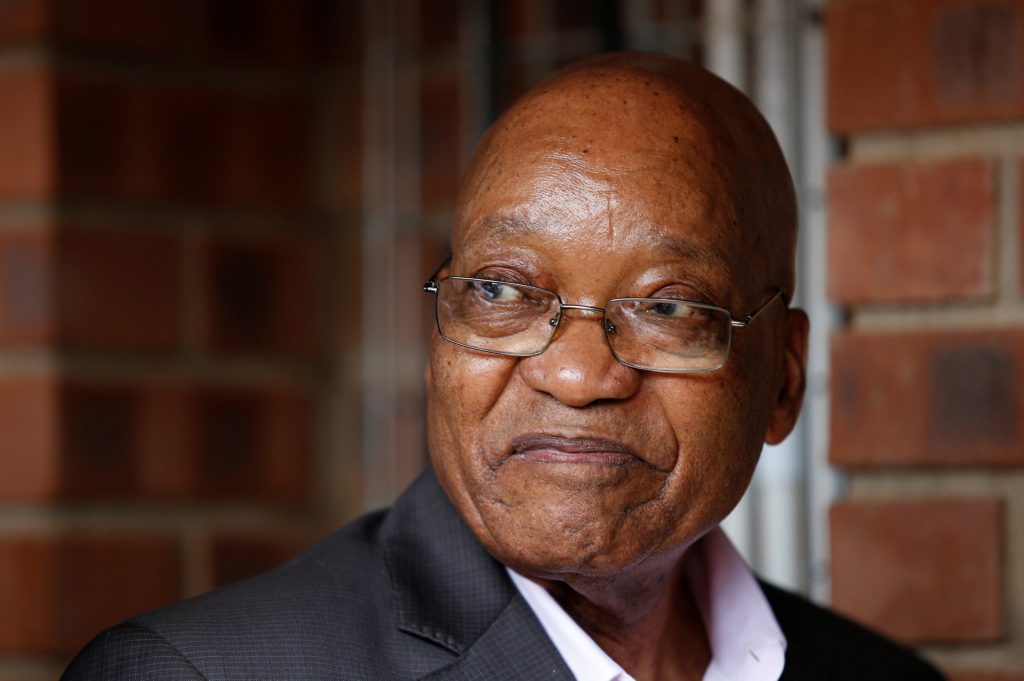Johannesburg: South Africa’s top court Friday rejected former president Jacob Zuma’s application to rescind his 15-month-jail sentence for contempt of court.
Zuma handed himself over in July after the Constitutional Court found him to be in contempt of court for repeatedly refusing to return to the Commission of Inquiry into State Capture, where several witnesses have given details of his alleged role in a number of issues relating to the looting of state departments and parastatal organisations.
In a majority judgement of the Constitutional Court, Judge Sisi Khampepe dismissed 79-year-old Zuma’s application of rescission with costs.
Commenting on Zuma’s conduct, Khampepe said that he had wilfully refused to participate in litigation and then reopened the case when it suited him.
“The majority emphatically reject any suggestion that litigants can be allowed to butcher of their own will judicial process which in all respects has been carried out with the utmost degree of regularity, only later to plead the absent victim,” Khampepe said.
The former president started his sentence on July 7 this year and was granted a controversial medical parole barely a month later.
The parole is being challenged by several institutions after it was found that the parole had been granted by a senior official of the Department of Correctional Services who had been appointed by Zuma during his tenure as president, and not by the Parole Board.
Zuma remains in hospital as details of his medical condition remain secret.
Zuma had earlier argued that he had not been granted a fair hearing because of his absence, but had not provided reasons to the court when it had offered him the opportunity to do so in mitigation of sentence.
“Elected absence, like that of Mr Zuma, constitutes more than litigious skulduggery which does not have the effect of turning a competently granted order into one erroneously granted.
“Mr Zuma had multiple opportunities to bring these matters to the attention of the court. That he opted not to, cannot mean that the court committed an error in granting the order,” Khampepe said.
A dissenting minority judgment, found that Zuma’s rights were breached in terms of international law and the judgement could therefore be rescinded.
The majority, however, said that international law could not be enforced if it had not been accepted by the South African Parliament.
With costs of the case believed to run into millions of rands, Jacob Zuma Foundation spokesperson Mzwanele Manyi reiterated his earlier plea to the public to contribute towards this as Zuma did not have such resources.
Manyi had said then that Zuma’s palatial homestead did not belong to him, but to a trust that allowed him occupation.
Zuma is also expected to be back in the high court in Pietermaritzburg next week as hearings continue into alleged amounts paid to him by French company Thales to influence a billion-rand arms supply deal nearly two decades ago.
This case has been repeatedly deferred as Zuma approached what analysts have called “a Stalinist approach” by getting it postponed through changing lawyers and citing illness.
Manyi said the Foundation would release a statement on Saturday on whether Zuma would appear in court next week or not.
PTI
